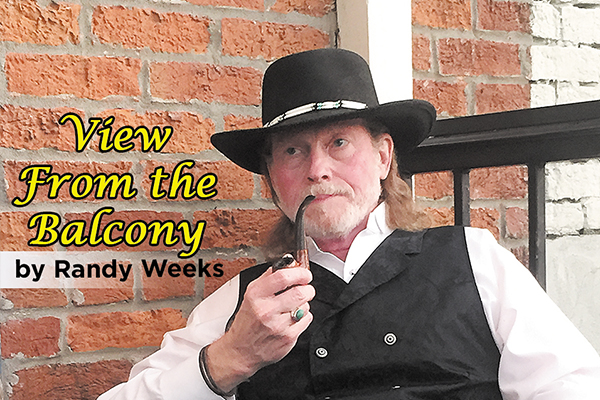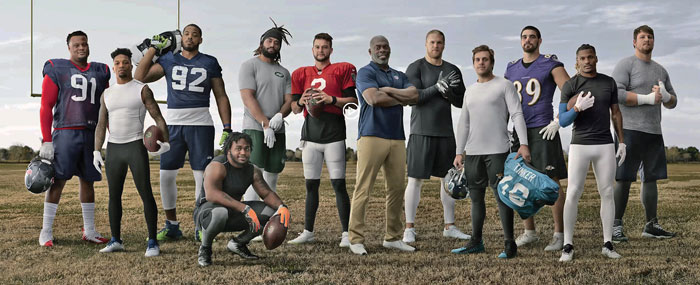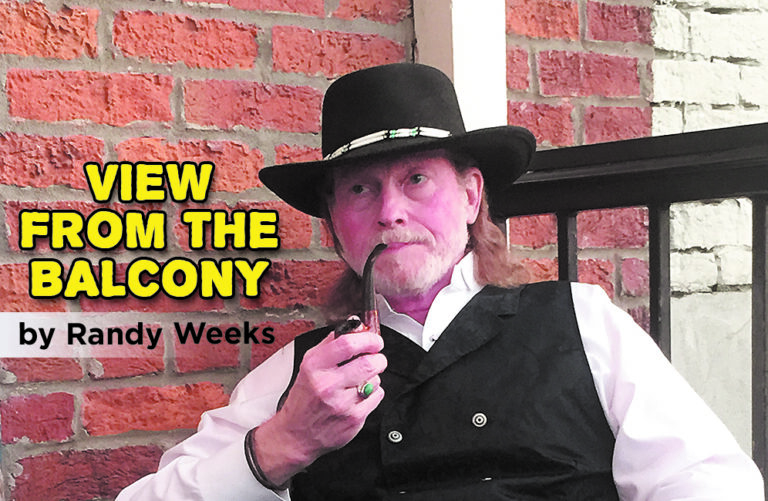
Professional football has become as much about selling stuff as it’s about the actual game. The sport seems to have followed a calculated, well-executed plan since the first instant replay on December 7, 1963, at the Army-Navy game.That added time to the game. When the game takes more time, guess what helps fill that time? Bingo! Commercials.
Commercial creep has seeped through the cracks and eaten up time like the blob swallowed up towns. With every extra second another snake oil salesman tries to get us to buy the latest shaving cream, beer, and potato chip. Why else did the NFL add playoff games, league championships, and even the Super Bowl? More time to sell more stuff. Now that coaches can challenge plays and officials can bake a turkey during the time it takes for reviewing plays,folks can sell enough stuff during a game to fund a concrete wall around every border on the planet. The game is no longer the reason for the commercials.I do believe the tail is wagging the dog.
The commercial standard was set in 1979 with Coca Cola’s ad featuring the Pittsburg Steelers’ Mean Joe Green. He went from a hacked-off has-been, limping his lonely way to the locker room to a genuine nice guy all because a kid gave him his Coke. And what did the kid get? A torn up sweaty jersey. America ate it up. After that, everybody who had anything to sell and the moolah to buy airtime developed ads just for the Super Bowl. But something different this way comes.

On Sunday, January 20 I was watching the Saints-Rams game when a commercial came on that made me put down my popcorn and beer and pay attention. It was an ad by the cellular company, Verizon, called “The Team That Wouldn’t Be Here”.
The Verizon ad focused on eleven NFL players and one NFL coach who had been rescued at some point in their lives from apotentially fatal situation by a first responder. The message was clear and simple: the world would be a much different place if first responders hadn’t saved the lives they have. The use of these select NFL men as a microcosm to demonstrate this point was, in my opinion, brilliant: down-to-earth and on-target.Verizon’s website has commercials for each of the 12 men in the ad and they will roll out another one on Superbowl Sunday.
Sports are important. But what happens whena player is taken down with an injury? Who comes to the rescue? It sure ain’t the fat-cat owner of the team.The game may be important, but it’s the people involved who really matter. And when a person’s health or very life is at stake, who cares if you’re the MVP and threw for a gazillion yards and 87 touchdowns in a single game?
The ones who really matter are those people who put themselves in harm’s way to jerk you out of a burning car, to jump into raging flood waters and pull you to the shore, to perform CPR on you while another first responder puts pressure on your wound to keep you from bleeding out.
I can’t speak to Verizon’s reasoning behind their first responder ad campaign. Of course they want more customers, but I can’t say they’re being totally mercenary in this. I’m not going to switch to Verizon because of these ads, but I am going to be more outwardly grateful to the men and women who lay it on the line for others and get paid a pittance to do so.
The Dallas Cowboys are out of the Superbowl picture now. So are the New Orleans Saints.The New England Patriots and Tom Brady? They’re reason enough to establish term limits in the NFL as far as I’m concerned.That leaves me cheering for the Rams. (I miss Roman Gabriel.)
If Mayhem comes to your house during the Superbowl, don’t call Tom Brady. He’ll be polishing his Superbowl rings and hugging on Gisele (can’t really blame him for that). But he ain’t the hero you need and neither is the insurance company.Punch in 9-1-1. The real heroes will answer the call.


